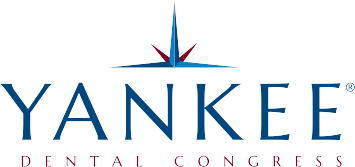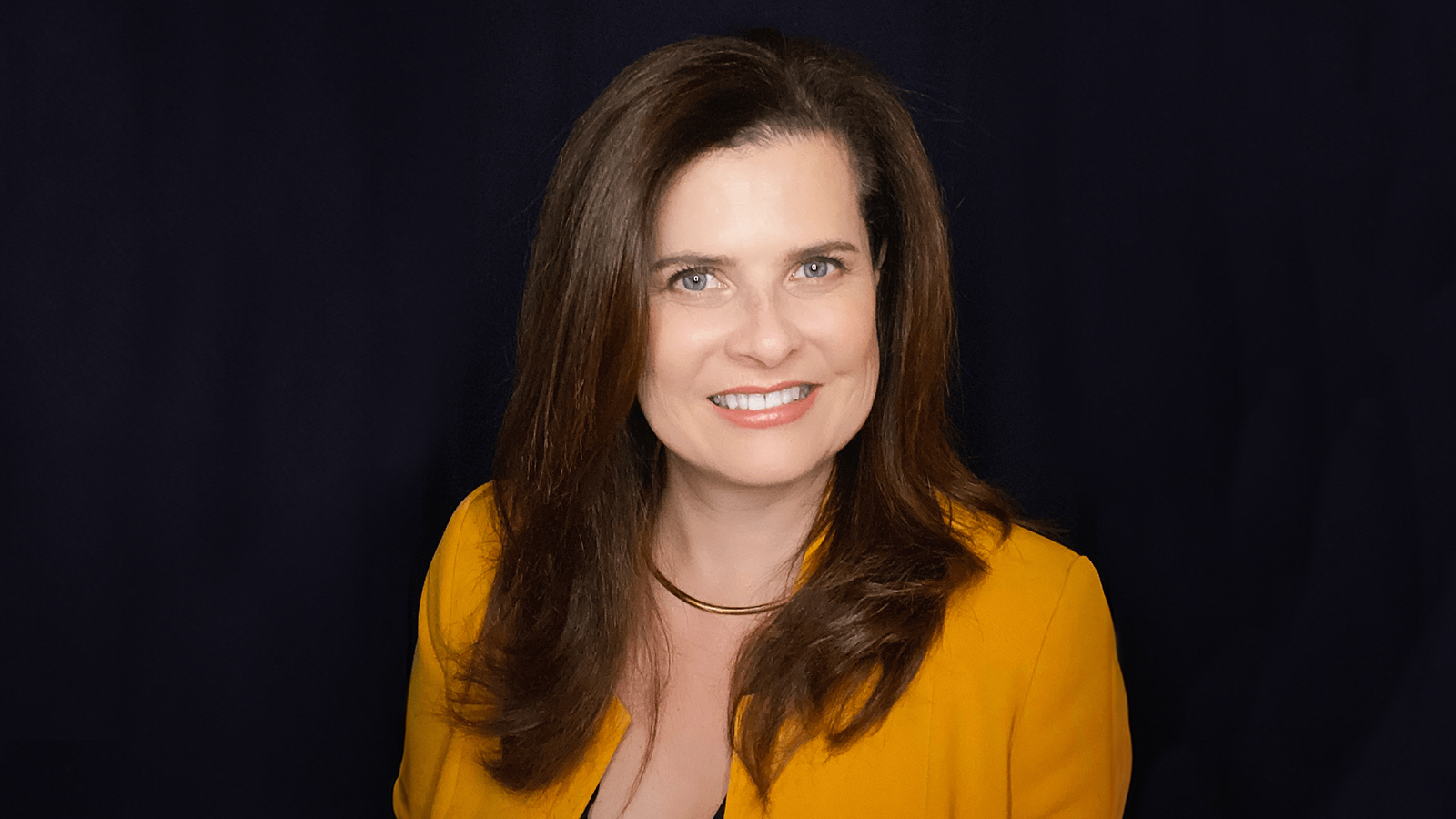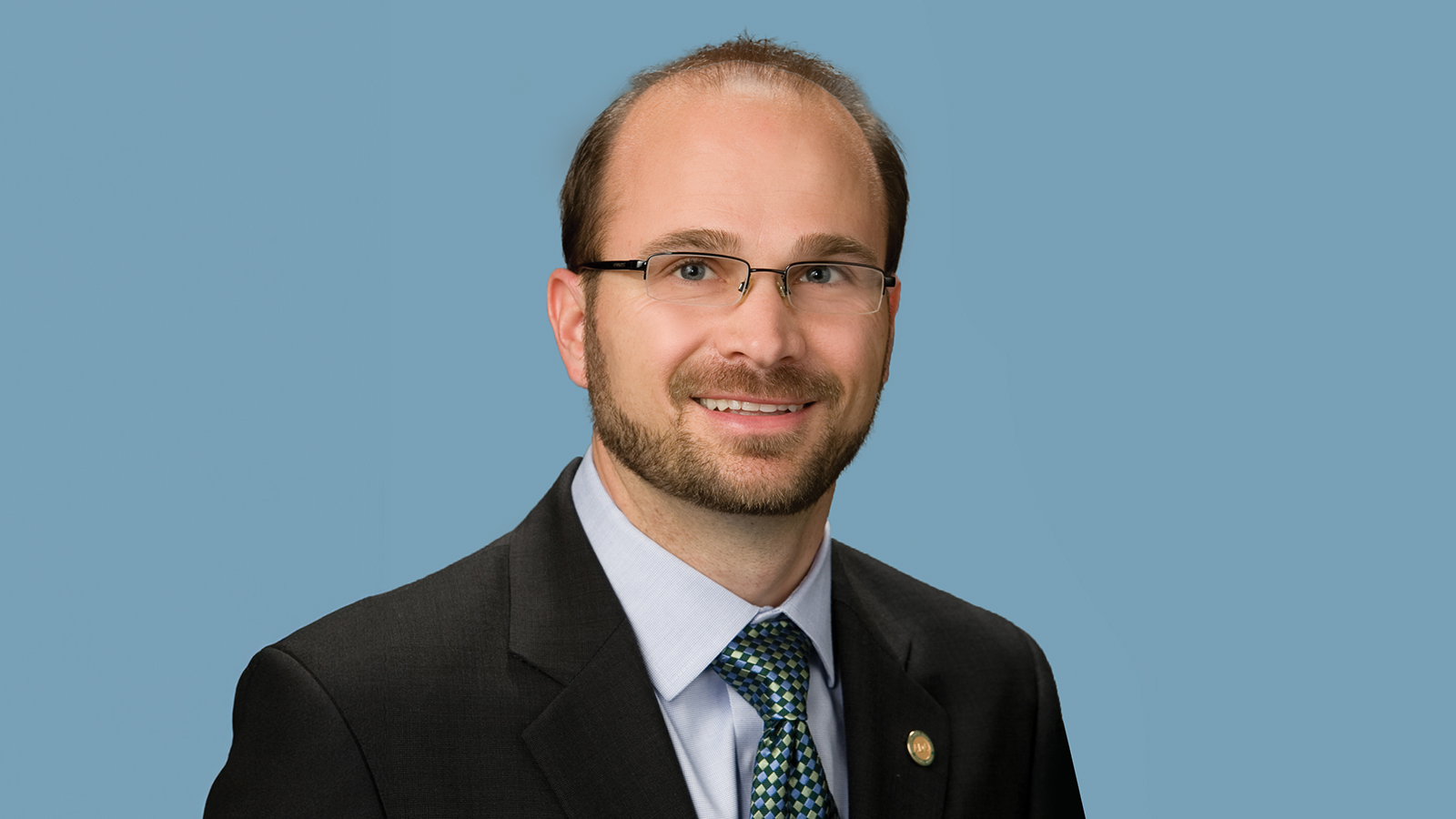
CALCIVIS® Corporate Forum
2023 Yankee Dental congress
The case for caries management – How do we know what works? | A CE event with an expert panel of cariologists.
From caries management by risk-assessment for the earliest carious lesions to preventive strategies and minimal interventions for successful outcomes.

Boston Convention & Exhibition Center
Friday, January 27, 2023 8am – 10am
CALCIVIS® is focused on modernizing the management of dental demineralization by providing real-time chair side assessment of the caries disease process. Information about activity of enamel demineralization has not been available previously and enables the preventive dentistry approach. By supporting early decision making and improving patient communication, compliance with oral health advice increases and consent for prescribed treatment improves leading to enhanced clinical and professional outcomes.
CALCIVIS Corporate Forum | 2023 YANKEE Dental Congress Course Overview and Podium Speakers
In this course featuring the state of the current science and the rationale for early management of the most prevalent chronic and readily preventable disease in the United States, an expert panel of cariologists will present their basis for preventive decision-making, and detail strategies for successful outcomes based upon objective case-assessment data. New visual technologies will be discussed that inform the status of the active/arrested lesion that bring objectivity to the preventive decision-making process adding to patient communication and ultimately motivation.
The case for caries management – How do we know what works? | A CE event with an expert panel of cariologists
Course code:
504RL
Boston Convention & Exhibition Center
Friday, January 27, 2023
8am – 10am
Credits: 2 CE hours
Cost: no charge for YANKEE Dental Congress participants

Andrea Zandona, DDS, PhD

Brian Novy, DDS
Led by an expert panel of cariologists, the two lectures during the CALCIVIS Corporate Forum will include:
Lecture #1 | Dr. Andrea Zandona: The Rationale for Prevention and Early Intervention in the Management of Dental Caries
- Technological advances have shifted the understanding of dental caries and dental caries management. Understanding the disease process and available tools is critical to be able to engage patients in a comprehensive caries management plan.
- Key points addressed:
- Caries understanding has moved from “an infection” to a “biofilm mediated diet modulated process” and this paradigm shift impacts caries management
- What is caries management?
- The concept of caries risk assessment
- When is a lesion active or arrested? How could you know?
- When to intervene non-operatively and when to intervene operatively
- State of technology that supports early/minimal intervention
Lecture #2 | Dr. Brian Nový: The Practical Side of Prevention: Remineralization
- The concept of disease management sounds a lot like “prevention,” yet it tackles the disease of dental caries with a whole new arsenal. Gone are the days of counseling patients to brush better, and more diligent instruction of proper flossing technique. Imagine an environment where teeth are expected to remineralize because the disease was caught early, and clinicians know which therapeutic will maximize the chances of success.
- Key points addressed:
- Risk assessment is a patient engagement strategy, not a form
- How is risk determined now (ineffectively), and what objective data are coming
- When is a lesion active or arrested? How do we know and is it changing treatment?
- Communication is key to success… are we motivating, counseling, or instructing?
- Can we measure caries rather than waiting for a white spot to disappear? What’s down the pike,
- Three case studies demonstrating a successful approach – when to prevent, when to intervene and a successful outcome of remineralization.”
Overall, learning and education objectives for attendees who take part in the CALCIVIS Corporate Forum include:
- Understand the caries process
- Discuss evidence for caries detection and caries assessment
- Discuss appropriate management of dental caries based on caries severity and activity status
- Review available technologies and what’s on the horizon to inform preventive decision-making
- Describe the limitations of clinical risk assessment
- Identify objective data to better inform risk assessment
- Modify patient communication to maximize outcomes
- Select remineralization modalities based on evidence and patient compliance
- Contrast what drives patient motivation between appointments”
